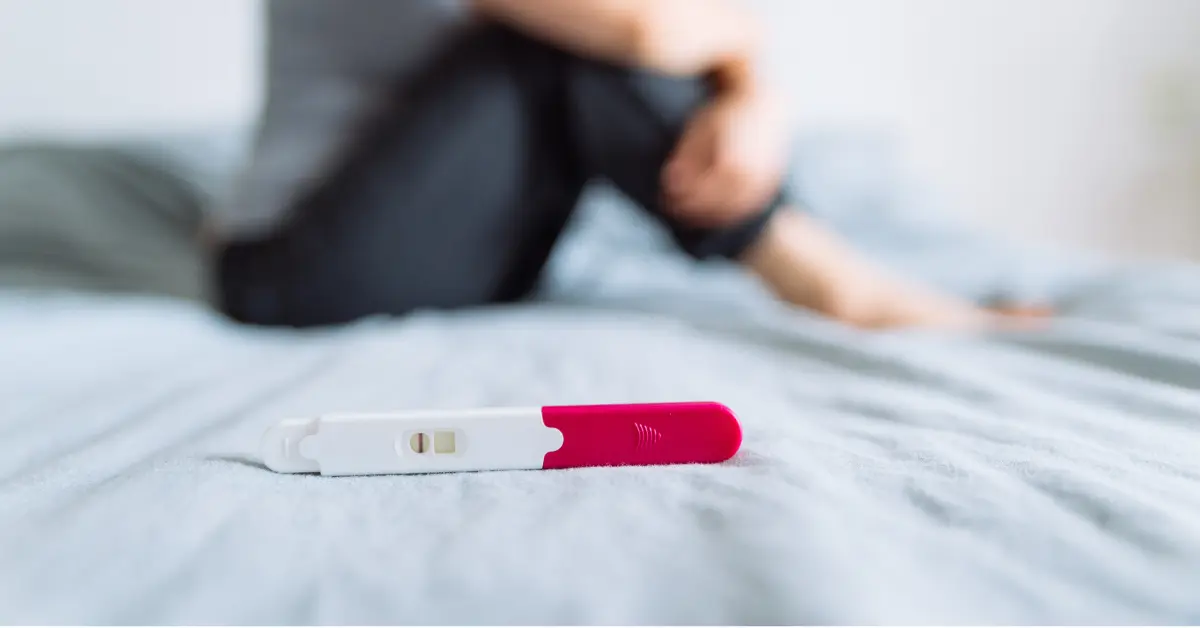Fertility Treatments Clinic
-
Egg Freezing for Future Fertility: A Guide for Women
Egg freezing, also known as oocyte cryopreservation, has emerged as a viable way for women to preserve their fertility. Once considered experimental, egg freezing was deemed a standard procedure in 2012 and is now part of mainstream fertility care. The practice has grown rapidly. The number of women freezing their eggs in the U.S. more […]
-
Nutrition Tips to Support Fertility Health
Optimizing nutrition is a key strategy for couples looking to conceive. While factors like age and medical history strongly influence fertility, diet is one important area where you can take control. In fact, research has shown that healthy eating patterns are associated with significantly lower odds of infertility. Focusing on a diet to support conception […]
-
Understanding Infertility: Causes, Risk Factors, and When to Get Help
Infertility is a medical condition characterized by the inability to achieve pregnancy after a considerable period of trying. The causes of infertility can be complex and involve one or both partners. Infertility affects millions of people, with roughly one in six individuals of reproductive age experiencing it during their lifetime. Factors that often diagnose infertility […]
-
When to Seek Fertility Treatment: Key Signs and Timelines
When trying to conceive, many couples wonder how long it should take and when to worry about potential fertility issues. Infertility can be an emotionally challenging journey. It’s a key aspect of women’s reproductive health that often isn’t discussed openly. In reality, millions of couples face difficulties in conceiving. It’s essential to understand the typical […]
-

Surgical Treatments for Female Infertility: What Are Your Options?
When facing infertility, couples often explore a range of fertility treatment options, from medications and lifestyle changes to assisted reproductive technologies like IVF. However, certain physical problems can be resolved with targeted female infertility surgery procedures that address the root cause of the issue. Some causes of infertility in women can sometimes be corrected by […]